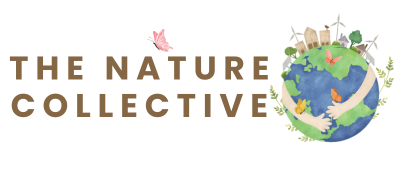As the sun peeks through the clouds and flowers begin to bloom, many of us are eager to dive headfirst into spring yard clean-up. However, before you grab those gardening gloves and shears, consider this: delaying your spring clean-up efforts can actually benefit our beloved pollinator friends!
Here’s why:
Provide Habitat: Those seemingly messy piles of leaves and debris serve as vital habitat for overwintering insects, including bees, butterflies, and ladybugs. By leaving them be until temperatures consistently reach 50°F or above, you’re giving these creatures a chance to emerge from their winter slumber and start their vital work.
Food Sources: Many early blooming plants, such as dandelions and clover, are essential food sources for pollinators emerging from hibernation. Allowing these “weeds” to flourish provides much-needed nectar and pollen for hungry bees and butterflies.
Nesting Sites: Hollow stems, leaf litter, and brush piles are favorite nesting spots for solitary bees and other beneficial insects. By delaying clean-up, you’re providing these creatures with the cozy homes they need to raise their young.
So, before you reach for the rake and trimmers, take a moment to consider the impact of your spring yard clean-up on our pollinator pals. By waiting just a little longer, you’ll be helping to create a welcoming environment where bees, butterflies, and other essential pollinators can thrive.
Let’s make this spring a season of growth and abundance for all!
(For more information on other ways to help our pollinator friends, please visit What the Buzz, a bee and pollinator preserve in Second Life)
“Nerdy for Nature” is a new blog segment by Emm Evergarden, founder of The Nature Collective SL, which highlights various nature topics and nature in the news. She hopes you enjoy all of her nerdy musings and carry the info that you might learn, within your day-to-day lives – doing your part to be a steward and caretaker of the Earth and all its inhabitants.

